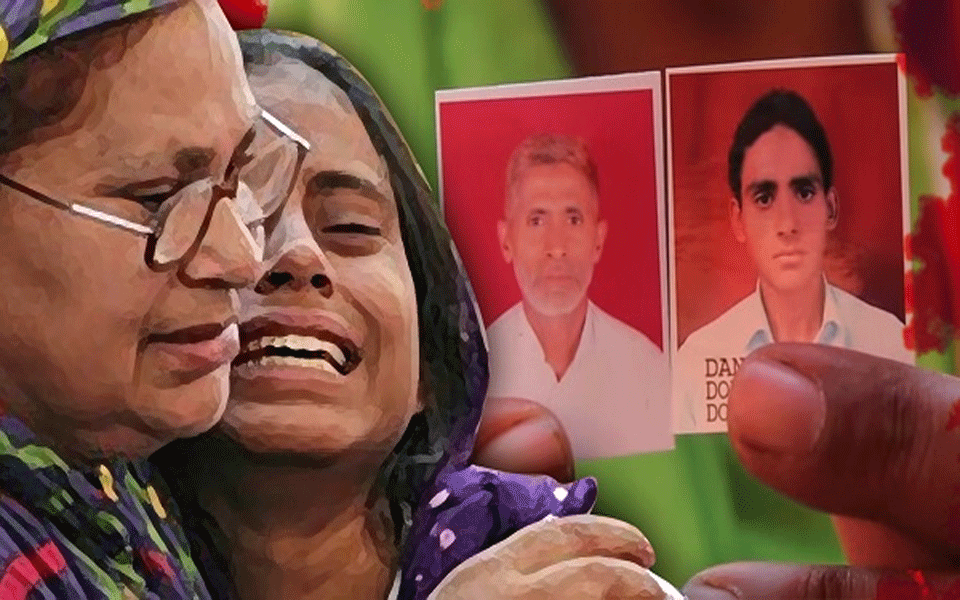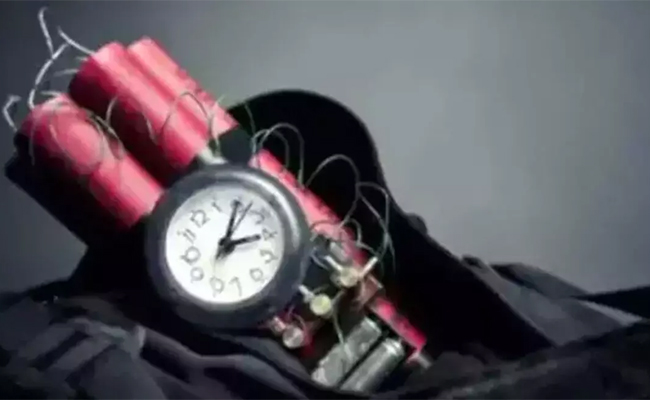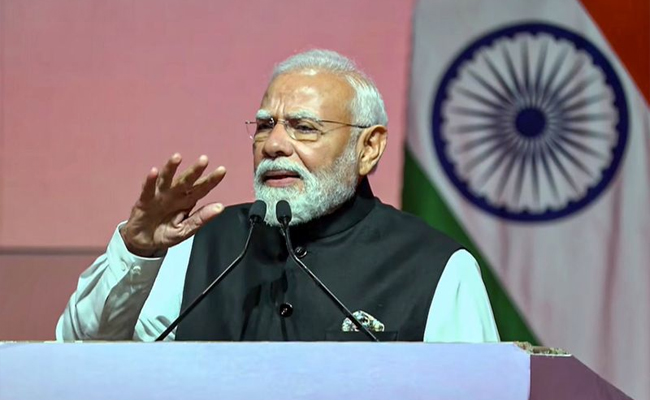New Delhi: Amnesty International India on Thursday launched an interactive data website 'Halt the Hate in order to draw attention to alarming number of alleged hate crimes against marginalised groups in the country.
The website documents hate crimes against Dalits, Adivasis, members of racial or religious minority groups, transgender persons, and other marginalised people which are reported in mainstream English and Hindi media, the rights group said in a release
The first step to ensuring justice and ending impunity for hate crimes - where people are targeted because of their membership of a particular group - is to highlight their occurrence, said Aakar Patel, Executive Director, Amnesty International India.
"Our website aims to draw attention to some of these crimes by tracking and documenting them. Many of these incidents are deeply disturbing: Dalits have been attacked for merely sporting moustaches, and Muslims lynched for transporting cattle. Dalit women have been branded as witches, and raped and killed.
"Unfortunately, the extent of hate crime in India is unknown because the law - with some exceptions - does not recognise hate crimes as specific offences. The police need to take steps to unmask any potentially discriminatory motive in a crime, and political leaders must be more vocal in denouncing such violence," he said, as per the release.
The website documents alleged hate crimes from September 2015, when Mohammad Akhlaq was killed in Dadri, Uttar Pradesh, for allegedly killing a cow.
Cow-related violence and so-called ‘honour' killings were among the common instances of alleged hate crimes, it added.
Let the Truth be known. If you read VB and like VB, please be a VB Supporter and Help us deliver the Truth to one and all.
Chandigarh (PTI): Some schools in Punjab's Mohali received bomb threat emails on Tuesday, which also mentioned Fortis Hospital, prompting police to launch search operation, officials said.
"The bomb threat to schools also mentioned the Fortis Hospital in Mohali, where we conducted anti-sabotage checks. Non-essential services were kept on hold while essential services continued," a senior police official said in Mohali.
He said the police were conducting checks in the schools.
Security had already been strengthened in and around Fortis hospital in Mohali after Chief Minister Bhagwant Mann was admitted there. Chief Minister Mann was re-admitted in the hospital on Monday evening, hours after he was discharged from the health facility. Mann was admitted again after he experienced exhaustion, said sources.
On Wednesday, sixteen private schools in Mohali had received bomb threat emails, triggering evacuation and prompting detailed anti-sabotage checks by police.
However, after detailed inspection, no suspicious or explosive material was found at any of the locations.
The latest scare comes close on the heels of similar threats in Chandigarh, Amritsar, Jalandhar, Patiala and Haryana schools. All threats turned out to be hoaxes.





